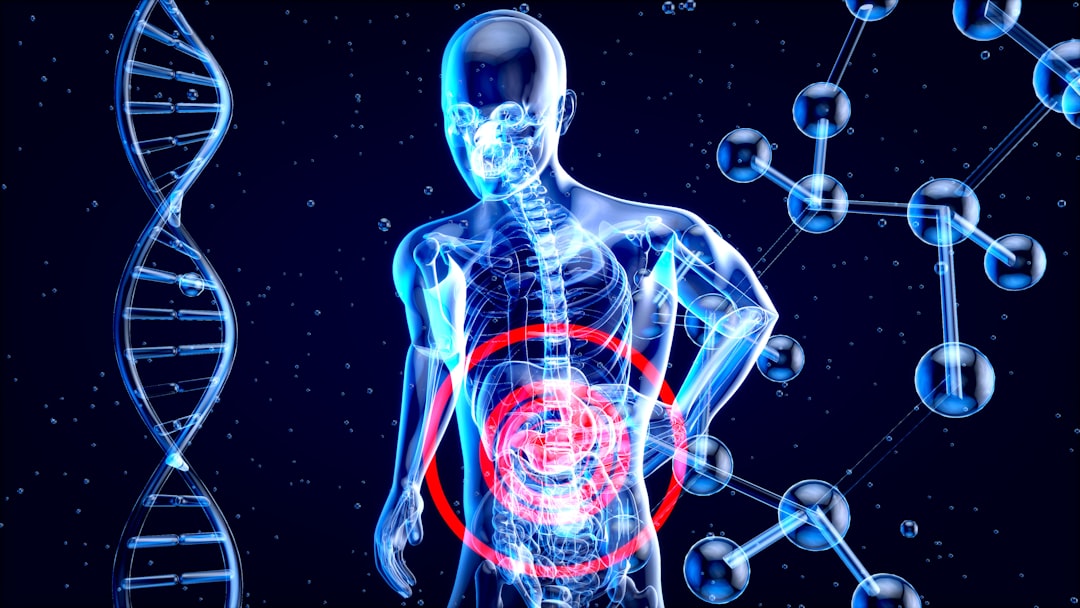What is it about?
Irritable Bowel Syndrome (IBS) is a pervasive gastrointestinal disorder that escapes routine diagnosis due to the lack of a definitive testing methodology. Here, a subset of seven human genes is identified as being dysregulated in patients with IBS. Furthermore, given the close association of vitamin D, serotonin metabolism, and IBS in the gut-brain axis, vitamin D was tested for its ability to regulate both serotonergic and non-serotonergic genes found to be dysregulated in IBS. Following testing, it was found that vitamin D caused a reversal of aberrant gene expression in four IBS-candidate genes.
Featured Image

Photo by Warren Umoh on Unsplash
Why is it important?
This proposed panel of seven genes and supporting evidence of the potential therapeutic effects of vitamin D provides information for the further development of more refined diagnostic tools and therapies to treat IBS.
Perspectives
IBS is a complex disease with a multifactor pathophysiology. The current study, which reveals a partial dimension of IBS etiology, will prompt further discussion amongst both researchers and clinical professionals to ultimately improve patient outcomes.
Keaton Coker
Arizona State University
Read the Original
This page is a summary of: Identification of putative transcriptomic biomarkers in irritable bowel syndrome (IBS): Differential gene expression and regulation of TPH1 and SERT by vitamin D, PLoS ONE, October 2022, PLOS,
DOI: 10.1371/journal.pone.0275683.
You can read the full text:
Contributors
The following have contributed to this page










